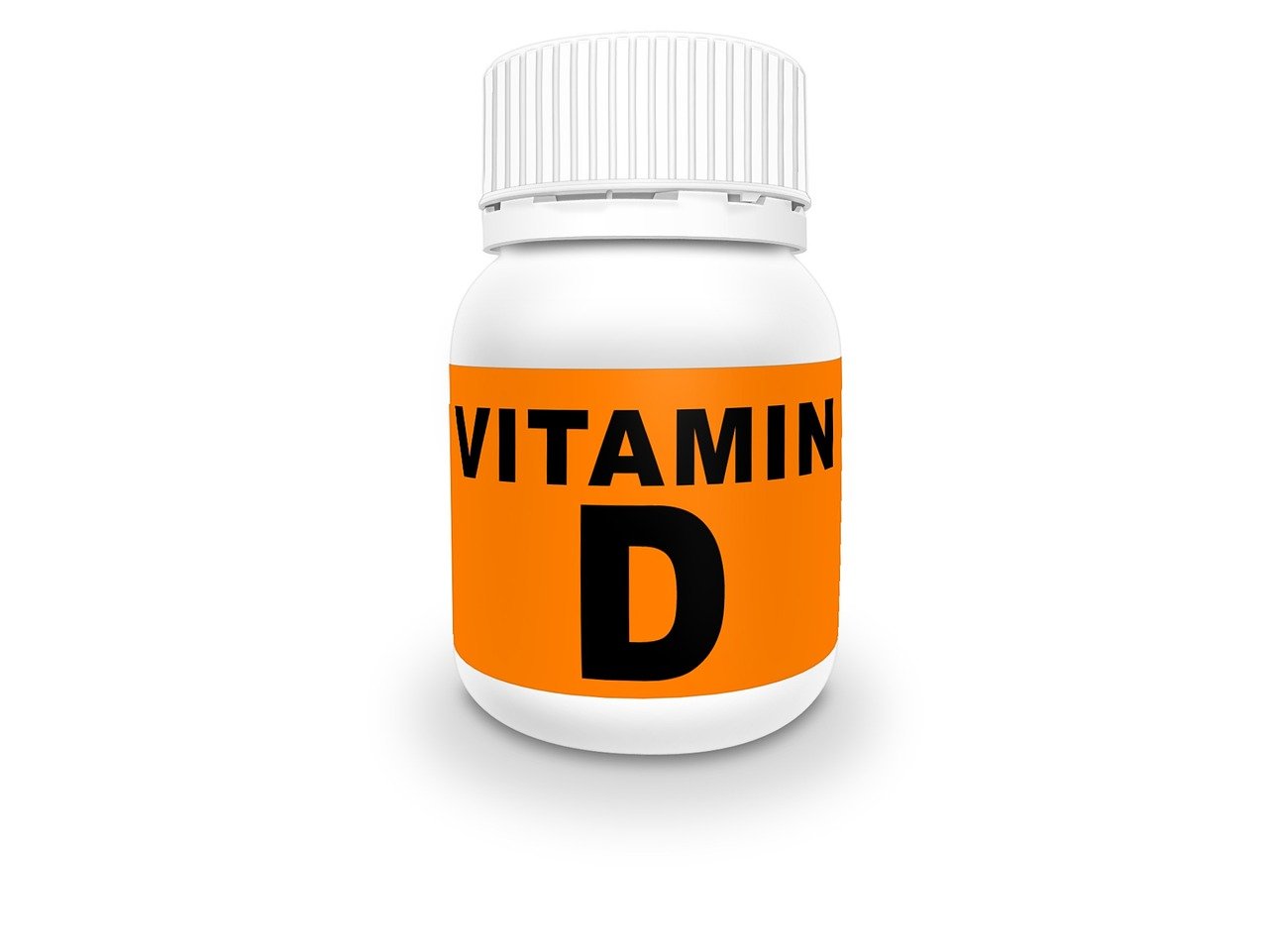Vitamins play a very important role in people’s lives, as they not only act as a natural fat burner, but also bring with them many other different benefits. One vitamin that is very versatile in nature is vitamin D. This vitamin has had a wide range of uses over the years, and why … about that in the following text.
Vitamin D … meaning?
Vitamin D is one of the most important vitamins for humans, not only regulating the immune system, but also influencing the proper functioning of the skeletal and articular systems. We commonly suffer from vitamin D3 deficiencies, which is due to the fact that few people supplement it. But why is it so important?
Vitamin D is actually a group of fat-soluble steroidal organic chemical compounds that exert multifaceted physiological effects, primarily in calcium-phosphate metabolism and the maintenance of normal bone structure and function. Several types of vitamin D are in operation, but the most important include:
- ergocalciferol or vitamin D2, which occurs naturally in plants/yeasts
- cholecalciferol, or vitamin D3, which occurs naturally in animal organisms
Vitamin D is formed from 7-dehydrocholesterol present in the skin when exposed to the sun’s rays, hence it is also called the 'sunshine vitamin’. A second source of vitamin D is food products; however, these are poorer in this vitamin. In spring and summer, when the right conditions are met, such as sun exposure of min. 15 minutes of sun exposure between 10 a.m. and 3 p.m., arms and shins uncovered, skin not treated with sun cream, we can obtain up to 100% of our vitamin D requirements. Adequate vitamin D concentrations help the body to function properly, making us feel full of strength and energy, hence it is a common ingredient in supplements and slimming patches.
The role of vitamin D
Vitamin D plays a huge role in the normal development of a child. It prevents rickets and other degenerative and osteoarticular disorders, supports the normal development of teeth, and stimulates the immune process and the development of natural immunity.
Vitamin D also plays an important role in the later stages of life. It supports bones, joints and teeth against excessive brittleness and fragility, preventing disease and tooth decay. In this context, vitamin D levels are particularly important, especially for postmenopausal women who have an increased risk of osteoporosis. Vitamin D deficiency together with parathormone and calcitonin deficiency regulates bone metabolism. In addition, vitamin D supports the respiratory system by reducing the permeability of viruses and weakening the risk of respiratory diseases such as pneumonia and asthma. The vitamin also has a protective function for autoimmune diseases, which include type 1 diabetes and multiple sclerosis. The sunshine vitamin also supports the functioning of the nervous system, supporting nerve cell function and preventing neurodegeneration processes. In addition, vitamin D …
- influences cholesterol synthesis
- supports the skeletal system
- supports the immune system
- protects bones from degeneration, fractures and diseases such as osteoporosis
- supports respiratory function
- Supports the cardiovascular system in children
- promotes normal development reduces oxidative stress and may therefore also inhibit the growth of tumour cells

More energy and more desire
It is also worth mentioning that vitamin D not only affects the bones, but also enables the body to synthesise cholesterol. Its correct levels are therefore essential for the maintenance of a healthy cardiovascular system.
What is more, vitamin D also influences our mood by helping to regulate blood sugar. This makes us feel more energetic and less lethargic than people who suffer from a sunshine vitamin deficiency.
Vitamin D for weight loss
Vitamin D is a common part of a weight loss diet, as are sports or supplements. This is because vitamin D is certainly one of the key vitamins in our body. It influences the calcium-phosphate balance and therefore, in short, the condition of our bones and teeth. It also fulfils a regulatory function in relation to the immune system.
It is also worth remembering that vitamin D has an impact on the reduced secretion of cortisol commonly referred to as the 'stress hormone’. High levels of cortisol raise blood glucose levels and reduce thyroid hormone conversion, leading to a slower metabolism. Under stress, there is reduced gastric acid secretion, which in turn affects digestion, absorption and the maintenance of normal intestinal microflora, resulting in overweight. Cortisol interferes with the immune system, hormone management, reduces the liver’s ability to detoxify, increases appetite, causes blood sugar fluctuations, lack of energy. All this causes fat accumulation, overweight and obesity. Vitamin D, in cooperation with calcium, has the effect of lowering cortisol and consequently reducing body fat. I must point out that by supplementing only vitamin D and not reducing the calorie content of meals, we will not achieve significant weight reduction. It is a system of communicating vessels; we need to work on several fronts to achieve the goal.
It is also worth remembering that vitamin D also plays a role in increasing leptin levels, which is simply the hormone that gives us the signal that we have already eaten. People who have adequate levels of vitamin D are characterised by a smaller appetite. Hence, it is a common ingredient in weight loss patches.
Vitamin D is one of the most popular vitamins and has a wide range of applications. Studies show that it is becoming an almost universal vitamin and a solution to many problems. This includes weight loss, hence it is often seen as a natural fat burner.

